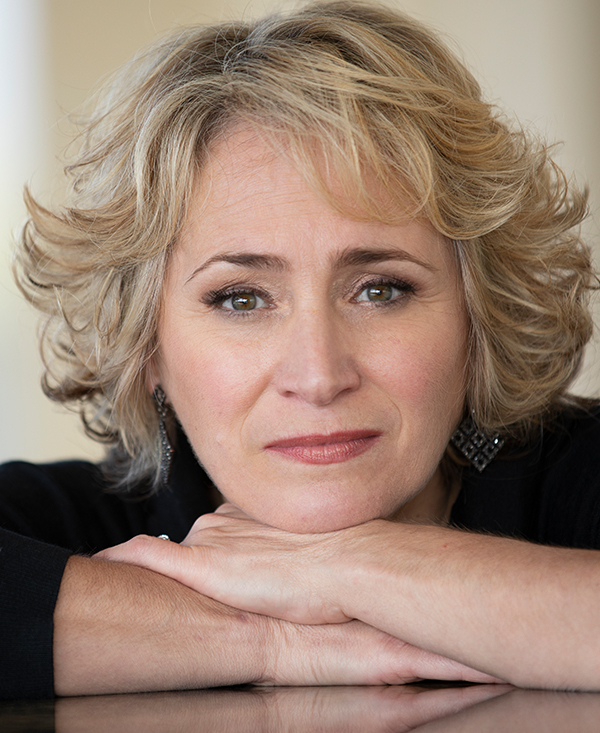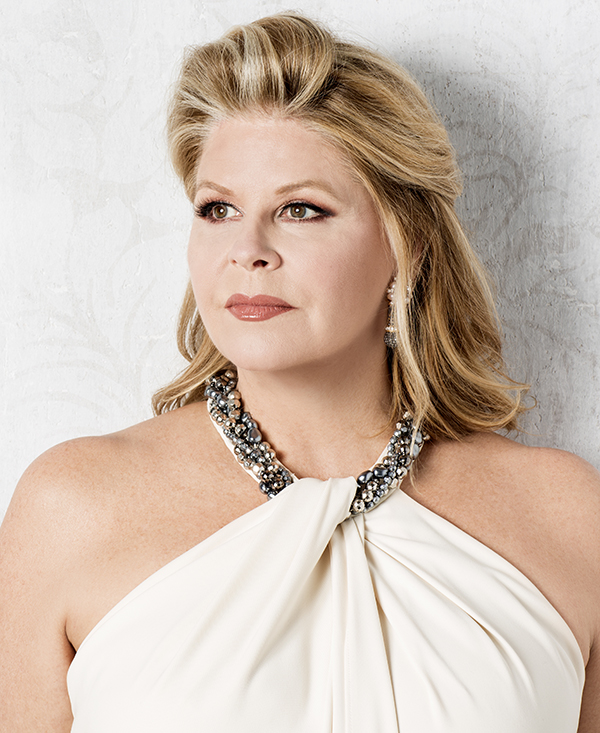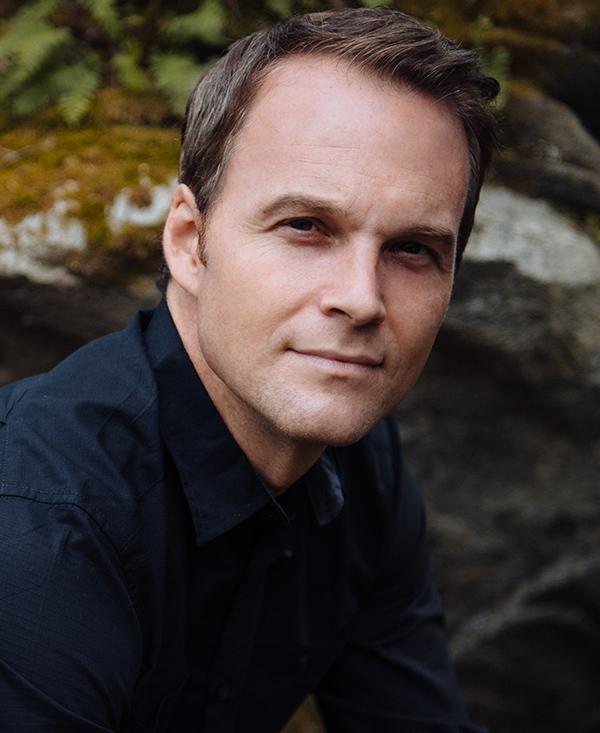March 06, 2019
DEAD MAN WALKING: A Surprisingly Traditional Modern Opera Makes its Lyric Debut This Fall
For an opera that premiered at the start of the new millennium, Dead Man Walking is surprisingly traditional in many ways. That should be encouraging news to anyone who’s wary of contemporary opera. The fact that it has had 50+ productions nationally and internationally since its premiere in 2000 makes it “the most successful of contemporary American operas,” as Anne Midgette noted in The Washington Post.

Patricia Racette (Sister Helen)

Susan Graham (Mrs. De Rocher)

Ryan McKinny (Joseph De Rocher)
Dead Man Walking, observes Midgette, “is steeped in operatic tradition. [Composer Jake] Heggie’s romantic score is full of fleeting references small and large to bygone works, from the threatening male chorus (the mob in Peter Grimes) to the rapid violin figures expressing a character’s consternation (Violetta’s distraught entrance in Act III of La traviata). It also involves arias, ensembles, melodies and heightened emotion -- all familiar tools in the operatic arsenal.”
Sister Helen Prejean’s original account of serving as spiritual adviser to a death-row inmate for a decade became a #1 national bestseller after it was published in 1993. The 1995 film starring Susan Sarandon and Sean Penn earned a 4-star review from Roger Ebert, who wrote, “This film ennobles filmmaking….It demonstrates how a movie can confront a grave and controversial issue in our society and see it fairly, from all sides, not take any shortcuts, and move the audience to a great emotional experience without unfair manipulation. What is remarkable is that the film is also all the other things a movie should be: absorbing, surprising, technically superb and worth talking about for a long time afterward.”
The opera Dead Man Walking followed five years later, and has earned similar accolades over the past two decades. “Dead Man Walking makes the most concentrated impact of any piece of American music theater since West Side Story,” according to The Guardian (London). It is intensely powerful, with music that is mostly melodic and tonal, often beautiful and lyrical.
Heggie’s most successful opera is also his first, with libretto by the acclaimed playwright Terrence McNally. (His six other operas include Moby-Dick, Great Scott, and It’s a Wonderful Life.) As an Opera News profile by Matthew Sigman noted, “Where Heggie’s operas succeed...is where his peers so often fail: from prelude to curtain, he draws you to the edge of your seat with a theater artist’s deft hand. Primary colors of love, death and valor shine bright, but they are well-blended with subtle shades of morality and compassion. In true operatic tradition, he builds suspense through a wordless fusion of music and character.”
In an article previewing recent performances by the Atlanta Opera, writer Doug DeLoach/Creative Loafing observed that “In addition to fictionalizing certain characters, the narrative arc of the opera differs in significant ways from Prejean’s book. The music and libretto vividly convey the wrenching conflict between characters. With sublime grace and sensitive articulation, Heggie and McNally capture the fraught, evolving relationship between Sister Prejean and Joseph De Rocher.”
“The opera version is brilliantly done,” the article quotes Sister Helen as saying. “It’s the fullness of art. It’s live drama on the stage, which brings the story close to people, and the music is so beautiful. As they say, music instructs the emotions. There are some genius parts in the opera," she adds, that neither the movie or the book were able to capture.”
